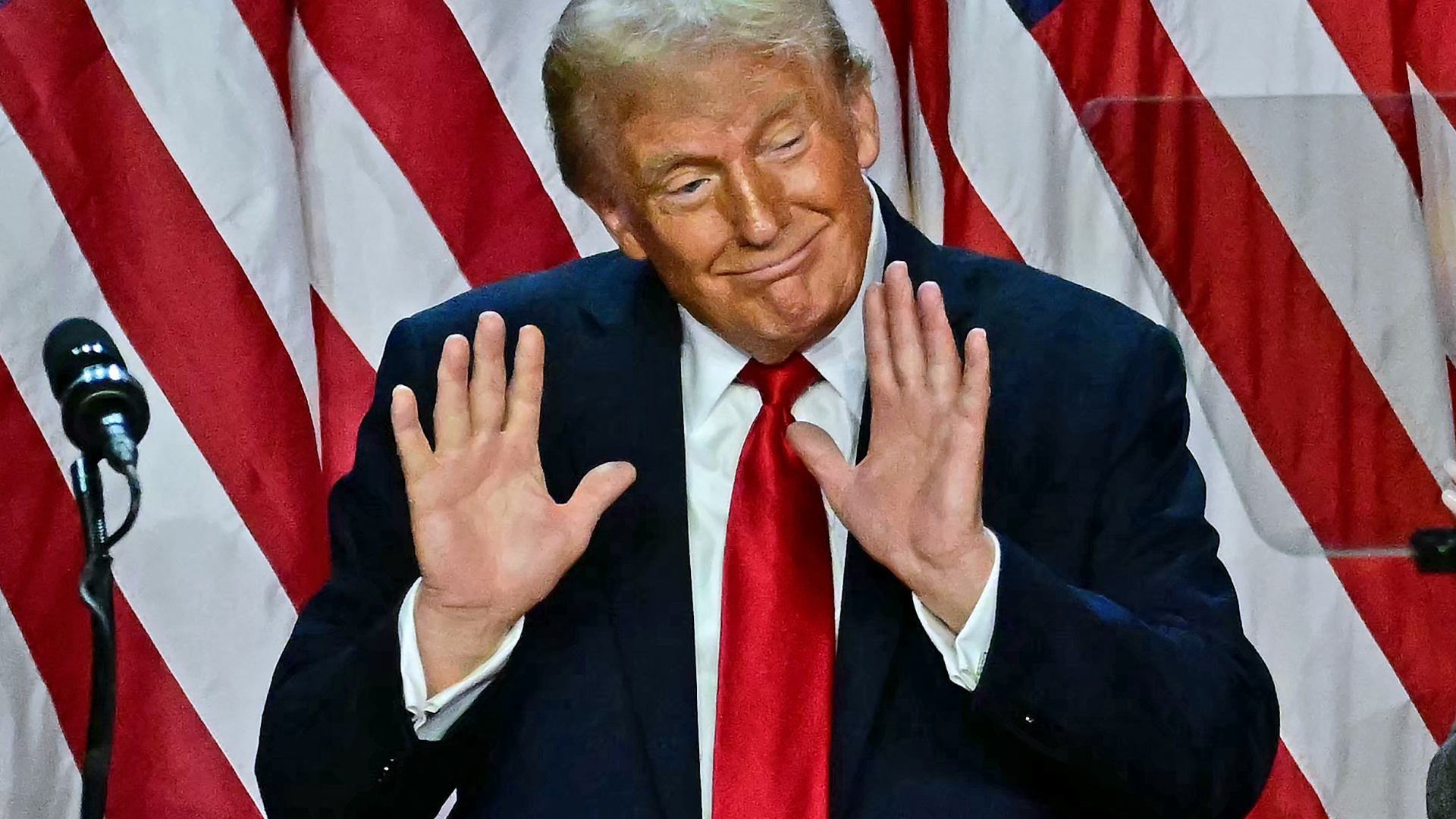Wild monkeys in Florida are a carrying a deadly disease and they could give it to you
Florida has made a name for itself based as a state where all of the country's wild and weird things are happening. But you probably didn't know there's an invasive species of disease-ridden monkeys taking over the center of the state... Here's the full story.
Deep in the heart of central Florida lies an area of woodlands known as the Silver Springs State Park, and for years it has harbored a dark secret.
Once one of Florida’s biggest attractions according to Annie Roth of National Geographic, Silver Springs State Park has become known for a different reason today—its deadly virus-carrying monkey population.
“Florida’s primate problem began in 1938 when a tour boat operator known as Colonel Tooey released six rhesus macaques onto a small island within what is now the state park,” Roth wrote in her 2018 exposé on Florida’s monkey problem.
“He procured the monkeys from a primate dealer in New York City with the intention to create a Tarzan-themed attraction on the island,” Roth added, “but his plans quickly unraveled.”
Rhesus monkeys are particularly strong swimmers and the group brought to Silver Springs by Colonel Tooey were able to escape their island home within hours of arriving, and you guessed it, by swimming away.
“Six more macaques were brought in to replace them,” Roth wrote, “but they escaped as well.”
By the mid-1980s Tooley's rhesus monkeys had bred and spread to every corner of the now-state park, and the situation has only gotten worse since then.
In 2018 there were upwards of 300 to 400 rhesus monkeys roaming the Silver Springs State Park, and according to a study from the time, their population was predicted to grow at a rapid rate.
In the 2018 study published in Wildlife Management, scientists found that Silver Springs’s rhesus monkey population was expected to double by 2022, which wouldn’t be a problem if they weren’t carrying a deadly disease.
According to the Centers for Disease Control and Prevention, about 25% of the rhesus monkeys in Silver Springs carry the Herpes B virus, and they can pass it on to you.
“B virus infection is extremely rare,” a CDC warning website reads, “but it can lead to severe brain damage or death if you do not get treatment immediately.”
“People typically get infected with B virus if they are bitten or scratched by an infected macaque monkey, or have contact with the monkey’s eyes, nose, or mouth,” a CDC website added.
While authorities in Florida have yet to record a case of monkey-related herpes in the state, the situation still has some wildlife experts worried.
“I personally am concerned,” Steve Johnson, an associate professor of wildlife ecology at the University of Florida, told the Telegraph in 2019.
Johnson had worked on the 2018 study examining the rhesus monkey population growth in Silver Springs, and noted that at least one-quarter of infected monkeys were “shedding the virus orally by mouth.”
“There’s a low risk, but very high consequence should something happen. Fortunately, nothing has happened yet, but I wouldn’t want to have that looming over me if I was the state,” Johnson said.
But Silver Springs' rhesus monkeys aren’t just a health risk, they’re also an extremely devasting invasive species that prey on the local bird population according to Johnson.
“Even though the monkeys have been there over 100 years they’re not native,” Johnson said, “they’re not supposed to be there.”
While many in Florida’s state government agree that the monkeys need to be removed, the invasive species has become somewhat of a tourist attraction, which has made it difficult to remove them from Silver Springs.
"Whenever you talk to people when they're out, they'll say they came and visited specifically to see the monkeys," one park visitor told Tampa Bay’s Fox 13.
For now, Florida’s rhesus monkey population has been allowed to stay in Silver Springs. But as they continue to reproduce, the time may come when this herpes-infested primate will need to be removed from the state.
More for you
Top Stories



































